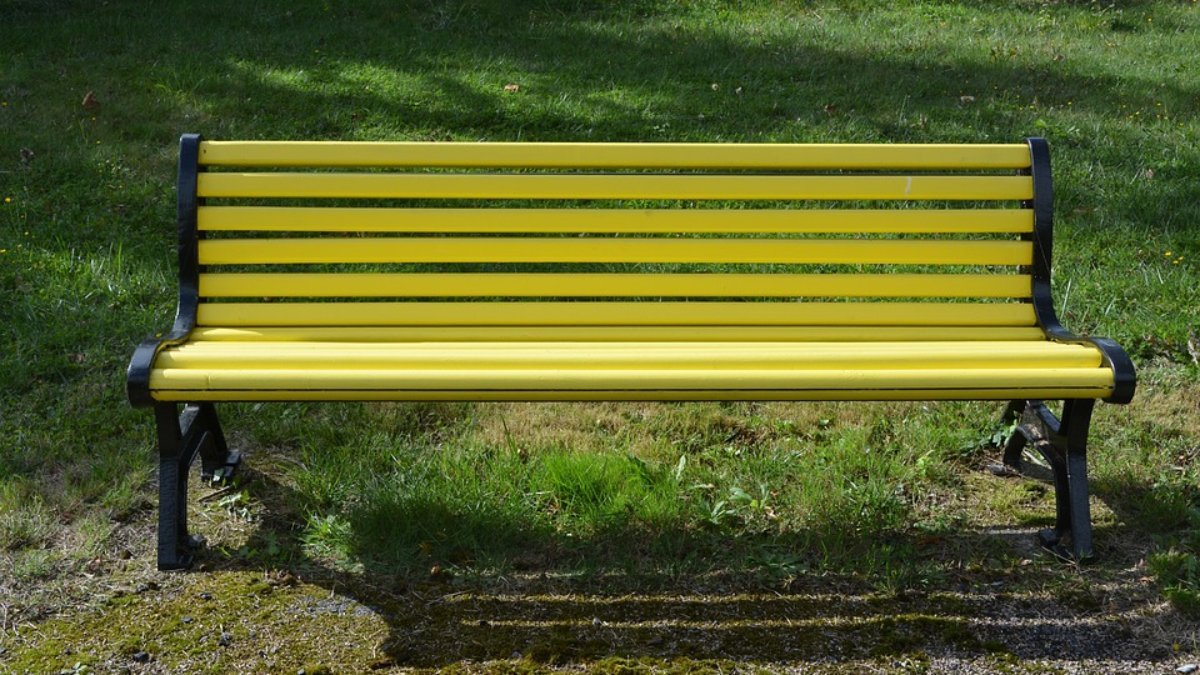
By Alice Hutchins
In recent years, Mental Health has become an increasing concern, in every continent of the globe, and finding new ways to tackle it is a major struggle for many communities. This extends as far as Zimbabwe, where an interesting and unorthodox form of therapy is taking place.
From the long-standing tradition in Africa of respect for the older and wiser, especially the female matriarch of a family, has arisen the ‘Friendship Bench’ a place where all of those who are suffering, are free to tell their stories, unload their burdens, and solve their problems. The system involves a ‘Grandma’ who acts as a listener for those in need, who meets people at the bench so that they may confidentially discuss their concerns with her, which can help to get to the bottom of their mental illness causes. Many of the ‘patients’ who have been referred to this system are women, and often victims of domestic violence, who benefit from the power and wisdom of these inspirational older women.
The benches are a safe place for people struggling with depression, which in the Shona language is called kufungisisa, “thinking too much”.
Mental Health has long been a taboo subject for people in Africa, and as a highly superstitious and religious content, many areas treat it as a possession by unholy thoughts, which requires exorcism as its cure. It has been a very progressive and effective treatment therefore, to have a secure place outside of the local clinic in which to be able to address these issues.
Although none of these women are medically trained, or qualified to give advice and counsel, they are there to act as a friend for the many suffering the effects of unemployment, poverty and widespread sickness that can be causes of Mental Health problems. This is thought to be a good model of intervention for many countries in the Globa South where therapy and treatment are too expensive to be viable for the overall population.
“This bench is filling that gap we have in providing affordable care,” says Prosper Chonzi, director of health for the City of Harare.
It is hoped that the example of Harare’s friendship bench will help lead the way for other communities to deal with mental health, and the system is now being implemented in 60 other clinics around the country. We all must experience a kuvhura pfungwa [opening of the mind] if we are to cope with the growing pressures of this increasing dilemma.